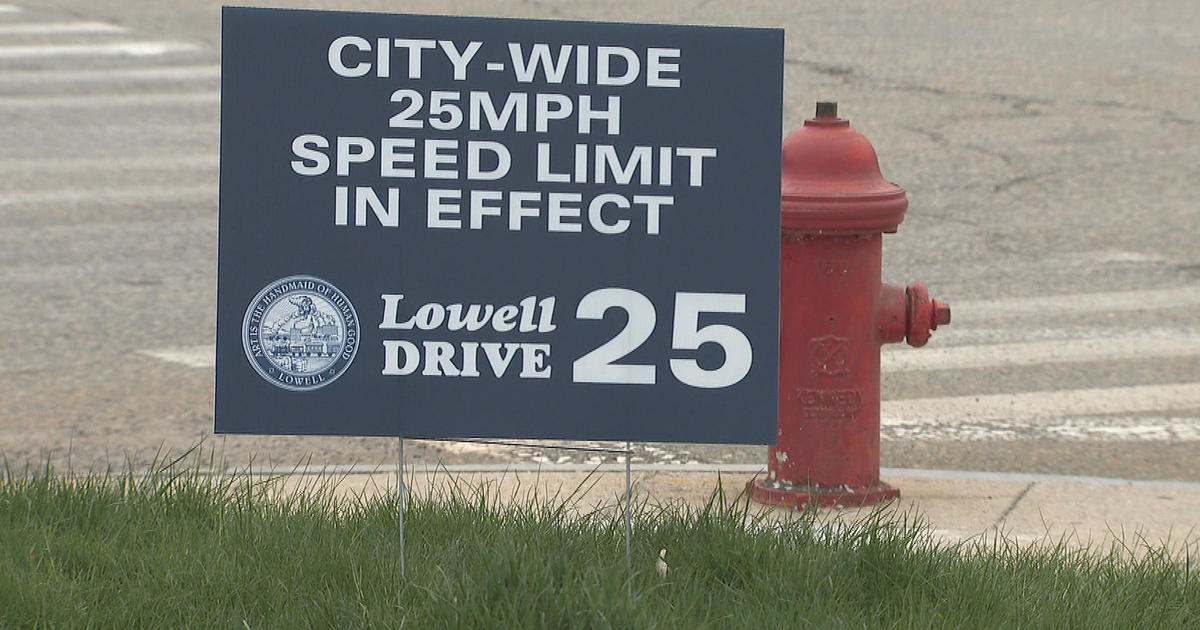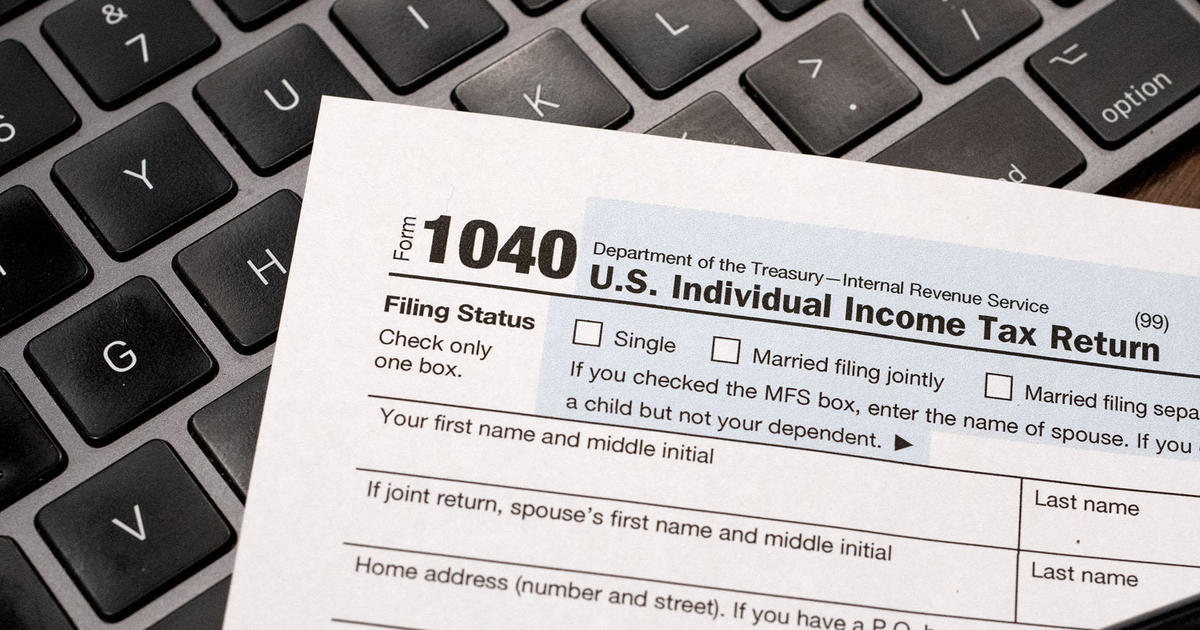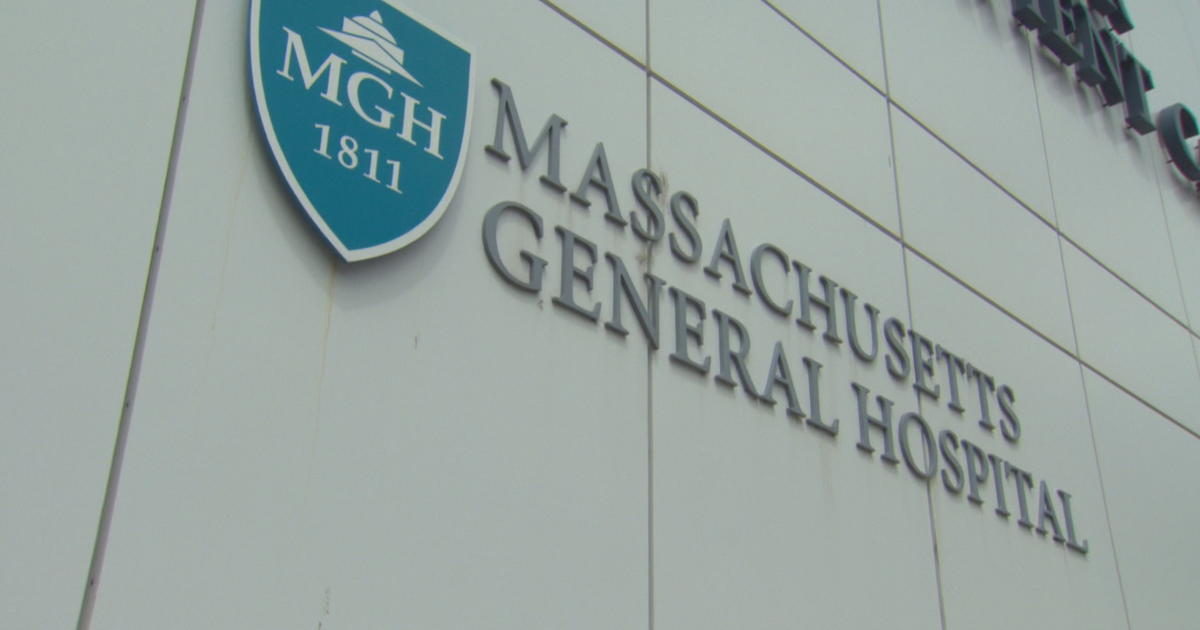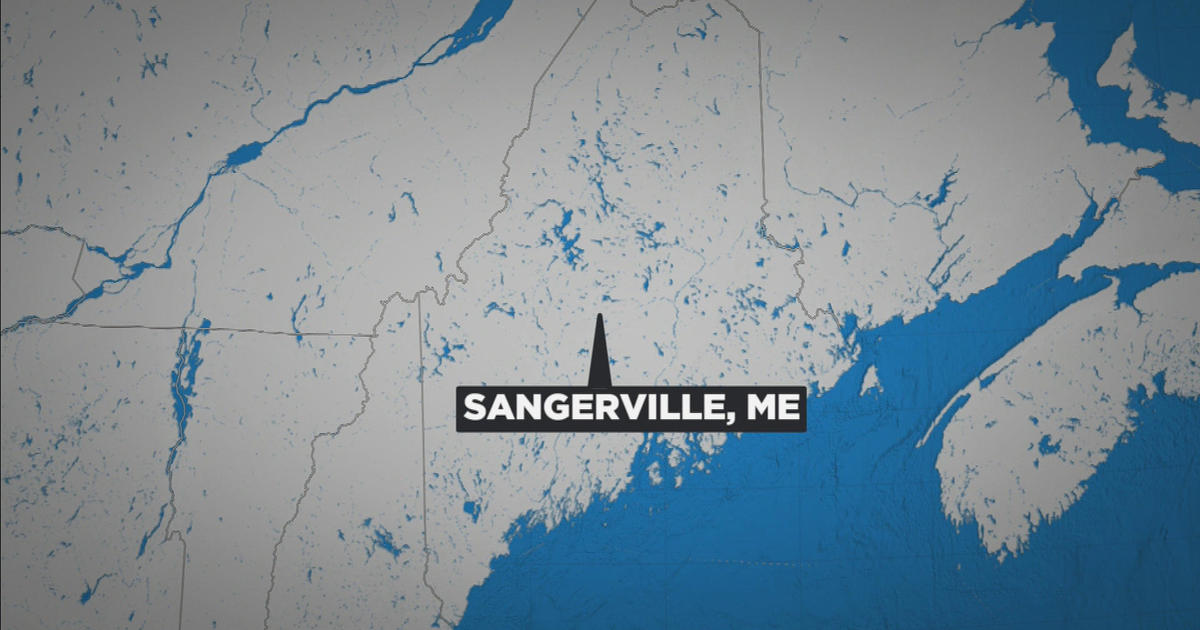Boston, Other Cities Eye Non-Profits For Cash
BOSTON (AP) -- Financially strapped U.S. cities are increasingly turning to private universities, hospitals and other tax-exempt nonprofits for cash, but a new report finds methods of collecting payments in lieu of property taxes from these institutions often lack consistency and transparency.
The report, to be released on Tuesday by the Lincoln Institute of Land Policy, said more than 100 municipalities in at least 18 states are collecting payments in lieu of taxes (PILOTs), including large cities such as Boston, Philadelphia, Pittsburgh and Baltimore.
The study found that payments, if negotiated and administered properly, can provide a critical revenue stream for cities struggling to maintain services in challenging financial times. "However, PILOTs are often haphazard, secretive, and calculated in an ad hoc manner that results in widely varying payments among similar nonprofits," the authors wrote.
A city's attempt to strong-arm hospitals and universities into making payments in lieu of taxes can backfire, the report warned, leading to strained relationships with key institutions and even "years of contentious, costly and unproductive litigation."
All 50 states exempt charitable nonprofits from property taxes.
While many nonprofits are small organizations with little or no land or revenues, others -- such as large universities, hospitals and museums -- own significant property, often in some of the most desirable areas of cities.
Nonprofits defend their tax-exempt status by saying they provide key public benefits such as health care and education, while also creating thousands of jobs and generating other economic activity. But municipalities say nonprofits should contribute to the fiscal welfare of their host cities and help pay for services like fire protection, road maintenance and snow removal. Since payments in lieu of taxes are by their nature voluntary, agreements can be tricky to negotiate and vary widely from one institution to another.
"It has to be something the city and the nonprofits view as being in their self-interest," Daphne Kenyon, co-author of the report, said in an interview. Kenyon, a former Dartmouth College economics professor and visiting fellow at the Cambridge, Mass.-based Lincoln Institute, recommends that municipalities work collaboratively with nonprofits and develop equitable systems for determining what individual institutions should pay -- if anything -- in lieu of taxes.
The study cites an agreement Yale University reached with New Haven, Conn., to pay $7.5 million in lieu of taxes. Thomas Conroy, a spokesman for Yale, said it was in the school's best interests to help the city. "The progress of Yale and New Haven are inextricably linked and Yale's voluntary payments, along with its many beneficial partnerships with the city on a host of issues, reflects that mutual understanding," he said.
In some cases, institutions made payments for specific services, such as Stanford Hospital and Clinics paying $5.8 million to Palo Alto, Calif., for police and fire services. The report singles out Boston as having one of the longest standing and most revenue-productive PILOT programs among major U.S. cities. Brimming with highly regarded academic and medical institutions, the city has collected more than $14 million in payments from private universities and hospitals in each of the past three years.
Yet that figure still amounts to less than 1 percent of Boston's budget. And in fiscal 2009 it represented only a small fraction -- 4.3 percent -- of the property taxes that would have been collected from hospitals and universities if they were not tax exempt.
There report also showed wide variances among nonprofits. Boston University paid $4.8 million in PILOTs, equivalent to 8.5 percent of what it would have paid if its property was taxable.
Harvard University paid about $2 million, or 5 percent, while Northeastern University, another large school, paid only $30,000, or less than 1 percent property tax equivalency in FY 2009.
Sam Tyler, president of the Boston Municipal Research Bureau, points out that institutions looking to build or expand must go to city officials for building permits, zoning variances or other approvals, giving municipalities more leverage when seeking payments in lieu of taxes. But Tyler warns against cities taking too aggressive an approach. "There needs to be recognition that these institutions really are critical to job creation as well as small business creation and the vitality of the economy," he said.
(© Copyright 2010 The Associated Press. All Rights Reserved. This material may not be published, broadcast, rewritten or redistributed.)



